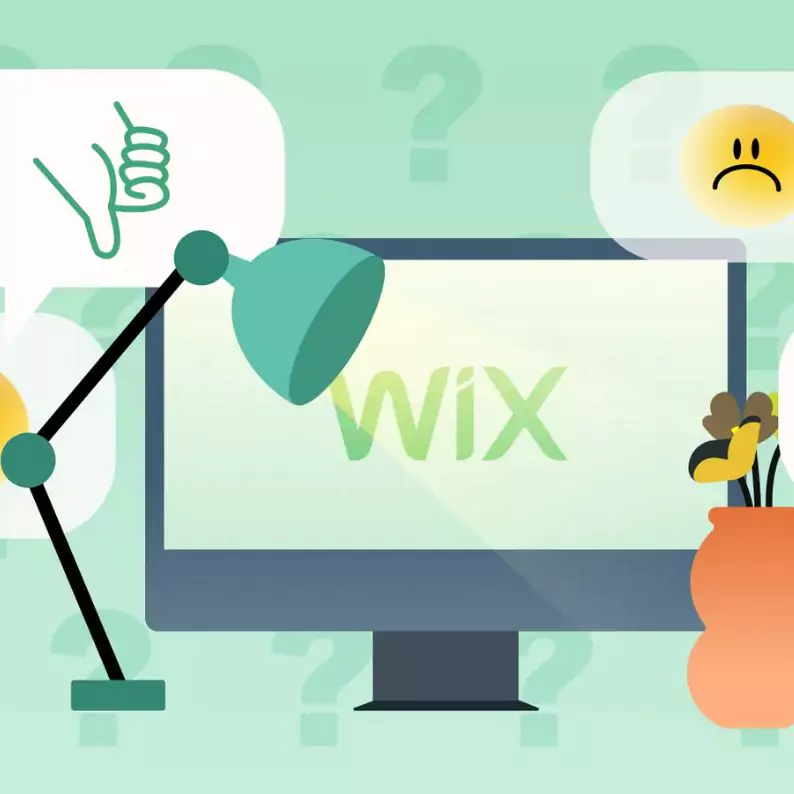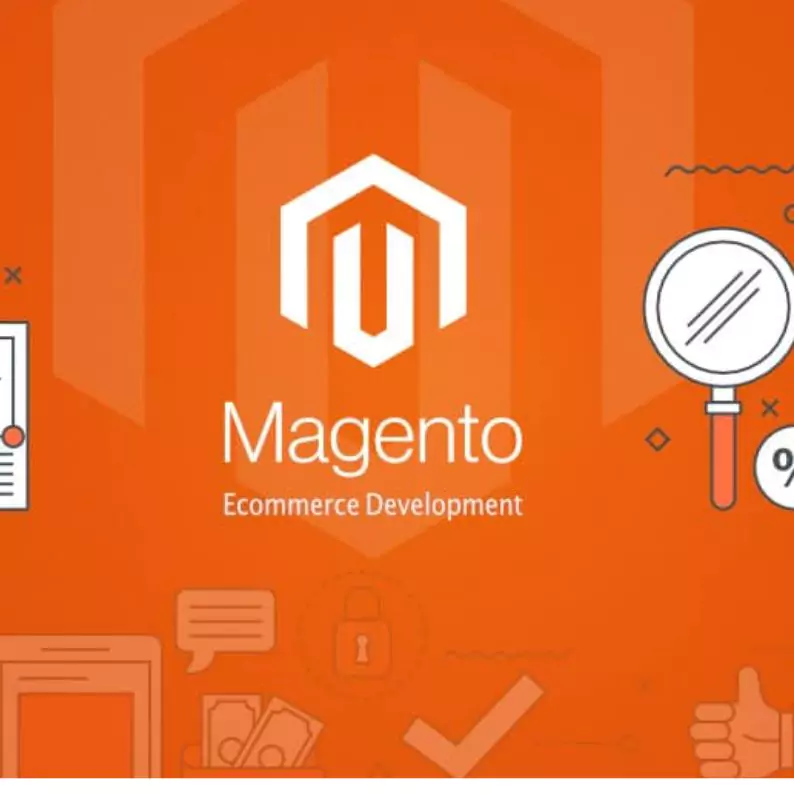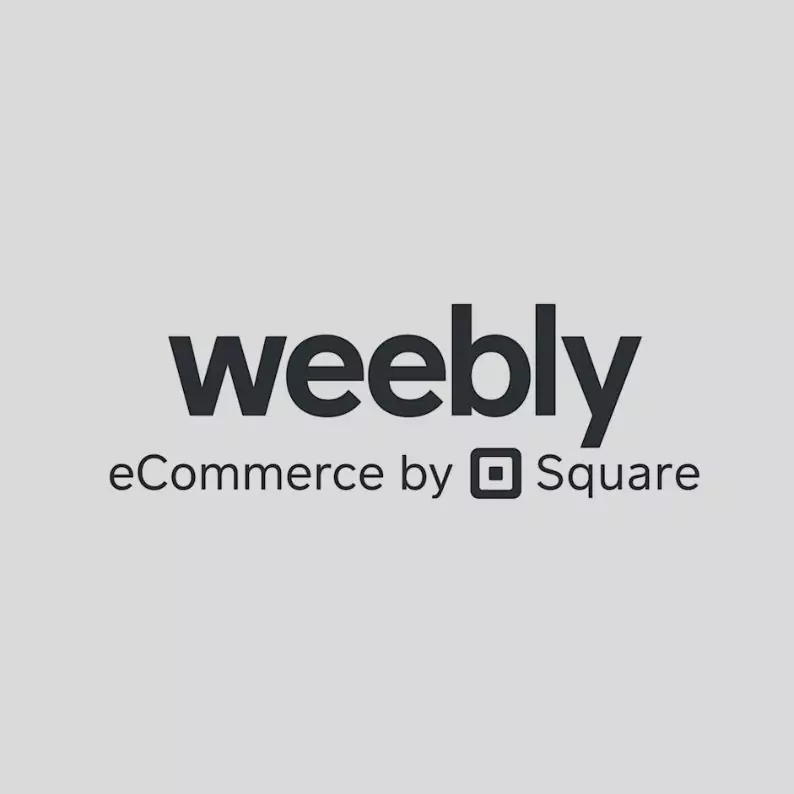Shopify vs Other eCommerce Platforms: Which Is Best for New Store Owners?
Choosing an eCommerce platform as a new store owner can feel like speed dating—lots of options, a little confusing, and you want to find the perfect match without wasting time. Shopify swoops in like the ideal partner: easy to use, packed with powerful features, and designed to grow with your business. While Wix, WooCommerce, BigCommerce, Squarespace, Magento, Weebly, PrestaShop, Ecwid, Shift4Shop, and Volusion each have their charms, Shopify’s blend of simplicity, scalability, and stellar support makes it the go-to for beginners ready to launch fast and scale smart.
1.Wix: Looks Good, But Selling? Not So Much
Wix is fantastic for crafting visually stunning websites with its drag-and-drop magic. But when you start selling, it’s like having a flashy car with no engine—limited payment gateways, basic inventory tools, and no serious sales features. Shopify, by contrast, is built from the ground up for commerce. It effortlessly handles everything from payments to shipping, plus offers an app marketplace that turbocharges your store as you grow.
2. WooCommerce: WordPress’s DIY Project (Bring Patience and Plugins)
WooCommerce feels like a DIY kit for eCommerce lovers who don’t mind getting their hands dirty. It’s free, flexible, and great if you’re comfortable juggling hosting, security, and plugin conflicts. But for new store owners, this can be overwhelming. Shopify delivers an all-in-one, fully hosted platform that manages security, updates, and performance automatically—so you can focus on selling, not troubleshooting.
3.BigCommerce: Feature Feast That Can Overwhelm
BigCommerce offers a robust set of built-in features out of the box—think heavy on the tools, light on the hand-holding. While that’s appealing to seasoned sellers, new store owners might find it complex and a bit daunting. Shopify strikes a better balance by providing essential tools with an intuitive interface and a vast app store to add only what you need, when you need it.
4. Squarespace: Stunning Websites, Shaky Sales Tools
Squarespace is the queen of beautiful, artistic websites, perfect for showcasing creative brands. But its eCommerce features are comparatively shallow—limited payment options, no multi-channel selling, and basic inventory management. Shopify offers the same polished design flexibility but adds powerful sales tools, multi-channel integrations (think Instagram, Amazon), and a mature checkout system that drives conversions.
5. Magento: Enterprise Powerhouse, Not for Beginners
Magento is the heavyweight champion for large businesses with deep pockets and tech teams. It requires complicated setup, ongoing maintenance, and significant hosting investments. For new store owners, Shopify is the nimble alternative: a cloud-hosted platform with enterprise-grade features but zero hassle, letting you launch quickly without needing to hire a developer.
6. Weebly: Friendly but Too Lightweight
Weebly is simple and approachable, great for tiny stores or hobbyists. However, it lacks the advanced eCommerce capabilities and customization options that fast-growing stores require. Shopify offers more payment gateways, superior inventory controls, and a thriving app ecosystem, along with expert support, making it better suited to grow with your ambitions.
7. PrestaShop: Powerful but Technical Puzzle
PrestaShop boasts impressive customization but demands considerable technical skill and separate hosting, which can slow down launch times and increase costs. Shopify provides a hosted, ready-to-go platform with professional themes and an easy setup process, empowering new sellers to get up and running quickly while still customizing their brand’s look and feel.
8. Ecwid: The Sidekick Storefront
Ecwid excels as a quick add-on for existing websites wanting a simple store. But it lacks the full suite of tools needed for standalone eCommerce success, such as advanced marketing integrations and extensive payment options. Shopify lets you build a complete, independent online store with powerful marketing tools, analytics, and seamless multichannel selling—no compromises.
9. Shift4Shop: Feature-Rich but User-Unfriendly
Shift4Shop packs a punch with features but suffers from a cluttered, confusing interface that can trip up beginners. Shopify’s clean, modern dashboard is designed with user experience in mind, offering guided setups, tutorials, and 24/7 support that helps new store owners get comfortable and confident quickly.
10. Volusion: The Bare Minimum Player
Volusion covers the basics but falls behind Shopify when it comes to site speed, app variety, and payment gateway options. Shopify’s vast app marketplace, faster checkout experiences, and reliable performance make it a clear winner for new sellers who want more than just “barely enough.”













